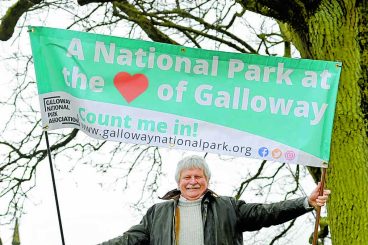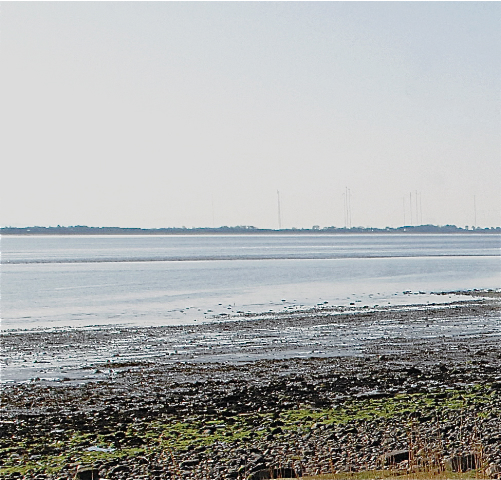MAKE 2023 the year you trace your family tree.
Experts from Findmypast have provided seven steps to help you get started.
Their research found that only ten per cent of Brits know any general information about their ancestors beyond their grandparents’ generation.
And nearly half have never even seen a photo of them, with many also saying they don’t know where to start looking back through the generations.
Jen Baldwin, research specialist at the website, said: “We’re seeing a growing general trend around family history and awareness of the amazing stories that can be revealed through research into the past. Family history is about exploring and understanding your own identity, as well as building connections with those around you.”
Follow Findmypast’s guide to discovering your ancestors online:
1. Getting started
Sit down and make a note of everything you already know, focusing on names, dates and locations. This will form the basis of your initial research.
Talk to your relatives about their memories and what they know about the family. Every detail can help, no matter how trivial. Ask older family members first as they’re more likely to have encountered some of the people you’re researching, or to have heard stories about them.
Search the attic. Check old photographs, letters or documents and other heirlooms for clues to the past.
2. Search online
The billions of records now available online contain a wealth of information for building out your family tree, with records covering countries and people across the globe.
When searching for ancestors, it’s always best to start off broad by searching for a name and year of birth. Once you have a better idea of what and who you are looking for, you can narrow things down from there.
3. Build a family tree
The best place to store your discoveries is in an online family tree. Many online tree builders are free, easy to use, and jam-packed with useful features.
Helpful ‘hints’ automatically match the names, dates and locations you have logged for each ancestor to potentially relevant records, speeding up your research and improving the accuracy of your tree.
Trees also allow you to connect with others to find ancestors in common, as well as merging these into your own tree to quickly progress your research.
4. Parish records
Between 1538, when Britain split from the Catholic Church, and 1837 when the responsibility for keeping records was taken on by the government, the chief source of records of daily life are parish records. Parish records provide a fascinating look at the history of our society, with details of baptisms, marriages and burials dating all the way back to the reign of Henry VIII.
Millions of parish records from all corners of the country now can be explored with ease as more and more county councils digitise their archives making them available online.
5. Become a census detective
Now easily accessible on many websites, censuses have been taken in Britain every decade since 1801 (barring 1941, when war prevented it). They can provide a wealth of information about your ancestor; including names, ages, addresses, occupations, relationships, infirmities and more. The 1921 census is now online at Findmypast and could reveal where your ancestor was living, what they were doing, and who they were doing it with in the summer of 1921.
6. Check the news
Historical newspapers are an incredible resource as they can provide rare insights into the daily lives of your ancestors.
Local papers include more than just announcements of births, marriages, and deaths. You might find the family’s black sheep in accounts of criminal trials, tragic accidents that befell hapless ancestors, or advertisements for wares from the family business. You might even see a picture of your ancestors.
7. Uncover colourful stories
Think about checking travel and migration records; crime and punishment records; government and institutional records of workhouses, unions; military records; education and work records; directories and social histories. You never know what interesting things you might find.





















